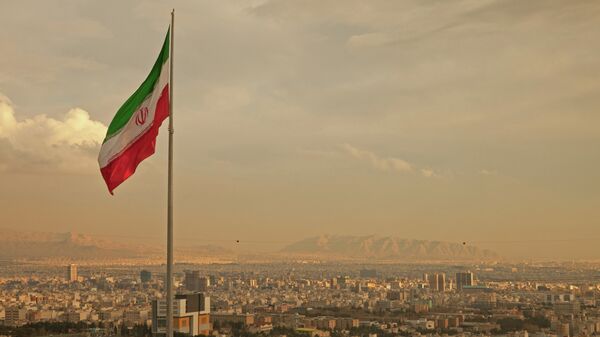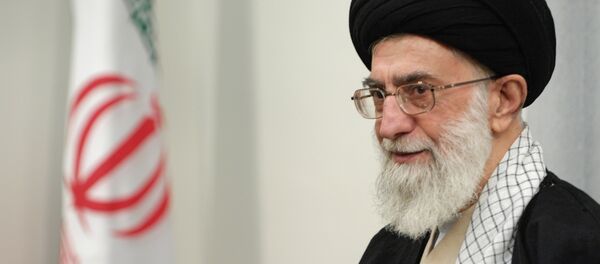Karim Sadjadpour, Senior Associate of Carnegie’s Middle East Program, highlighted the “unprecedented moment” in the recent history of US-Iran relations, but warned that it does not foreshadow changes to the Islamic republic’s foreign policy.
“I think the regime itself is in conflict between the forces… that want to prioritize the country’s national interests and the traditional forces… whose organizing principle has always been resistance against the United States,” Sadjadpour stressed.
Citing two reasons for why the latest nuclear accord is unlikely to result in changes in the Iranian foreign policy, Sadjadpour pointed to Iranian President Hassan Rouhani’s power-sharing system with the hardliners in parliament and Revolutionary Guards.
“It’s the Revolutionary Guards which oversee the nuclear program. So [Rouhani] needs their cooperation to actually implement this deal. It will be difficult for him to try to clip their economic and political wings,” Sadjadpour said.
Second, he added that Iran has been known to clamp down on civil society “to send a signal to the population that external flexibility doesn’t mean internal weakness.”
George Perkovich, Vice President for Studies at the Carnegie Endowment for International Peace, argued the JCPOA has been agreed to despite Tehran’s insistence that it does not pursue nuclear weapons on religious grounds.
“So in some ways, Iran is making a more durable commitment in this agreement that hasn’t been discussed,” he noted.
James Acton, co-director of the Nuclear Policy Program at the Carnegie Endowment said the JCPOA provides for “timely access anywhere” within Iran’s nuclear development sites.
“That I think is the right threshold,” Acton stressed, adding that separate “quite innovative provisions” within the JCPOA could lead to the discovery of secret nuclear facilities.
The agreement between China, France, Germany, Russia, the United Kingdom and the United States with Iran is now subject to national, as well as UN Security Council, review and ratification.
According to a project document prepared by the P5+1 group and Iran, the agreement will enter into force 90 days after it is confirmed by the UN Security Council. A new resolution by the UN Security Council to approve the deal will replace previous decisions on this issue and will stay in force for 10 years.



